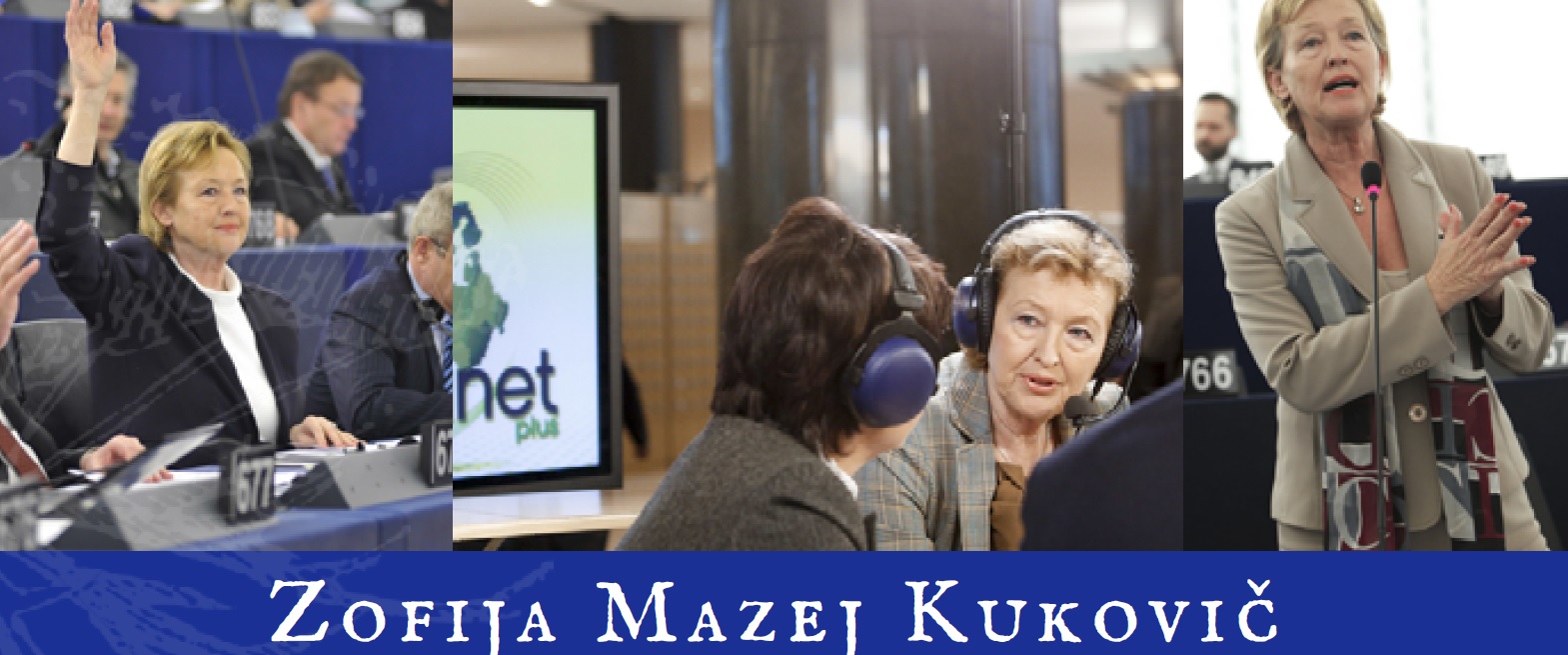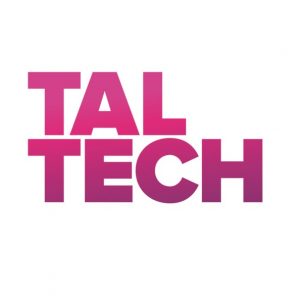
- This event has passed.
ESTONIA – TALLINN UNIVERSITY OF TECHNOLOGY – Zofja MAZEJ KUKOVIC


Ressources
The Tallinn University of Technology has invited Zofija MAZEJ KUKOVIC to participate in the talks and the discussions on current issues in Policy of EU on Artificial Intelligence.
Please find below Mrs. Zofija Mazej Kukovič‘s report about this event.
ARTIFICIAL INTELLIGENCE WILL SHAPE OUR LIVES
Three decades ago, Tallinn, a coastal city, was closed off by a fence that prevented residents from escaping the Soviet regime. Today, there is a lively atmosphere both in the centre and at Tallinn University, with students from many European countries hoping for an opportunity. Estonia has been declared the most digitally developed country in the world and is also home to the inventor of Skype.
I was invited to present artificial intelligence (AI) from the EU’s point of view at a conference at the Technology University of Tallinn from 12 to 13 February. I challenged the students with questions on which they shared their own reflections after my presentation. We then shared our findings at a roundtable discussion with their professors. How can AI improve people’s lives and what are the fears about it? How many EU regulations on AI are there? Where can we find practical examples of AI?
AI does not only have an economic impact, but also social, cultural and ethical impacts. Data is quickly becoming the most powerful economic driver. It is the basis for algorithms and AI. Corporations like Google, Amazon, Facebook and Twitter own data and will shape the future. AI uses machine-learning processes based on algorithms using vast sets of data – web pages we have visited, our genetics, past purchases, our behaviour etc. Algorithms will be used more and more often to inform decision-making related to politics, medicine, banks, traffic… But first of all, we need to build public awareness and acceptance of this new technology. We need to reinvent our mindset within the digital reality and discover the positive impact on our daily lives. AI would make life easier, solve health issues like cancer, help medical professionals to plan the treatment of diseases, assist us when we are traveling (Google Maps, Tripadvisor etc.) and power robots helping the elderly. Negative impacts would be fake news, unemployment, cyberattacks and reduced privacy. Digital Europe is one of the EU’s five priorities for the next five years.
Smart policies are needed to regulate intelligent machines. The Commission has prepared white papers on AI, which will be the basis for further regulations. Parliament has adopted many resolutions on the responsible development and use of AI. The most practical way to use of AI at the present moment is to tackle the coronavirus pandemic. Health monitoring platforms developed by high-tech companies can monitor the spread of coronavirus and report on its consequences. Their sources are global airline ticket data, medical community websites and social media posts on symptoms such as a fever or breathing problems. AI is also being used in the US elections with new campaign technology showing how the Republicans are performing against the Democrats. The candidates have spent millions of US dollars on Facebook and Google campaigns. Algorithm and machine learning helps to micro-target voters through social media. AI will shape political decisions and our lives. But there is no better choice. It’s like democracy. It’s not good enough, but better than all the other systems such as communism and fascism.
This report was also published in our June 2020 FMA Bulletin.
